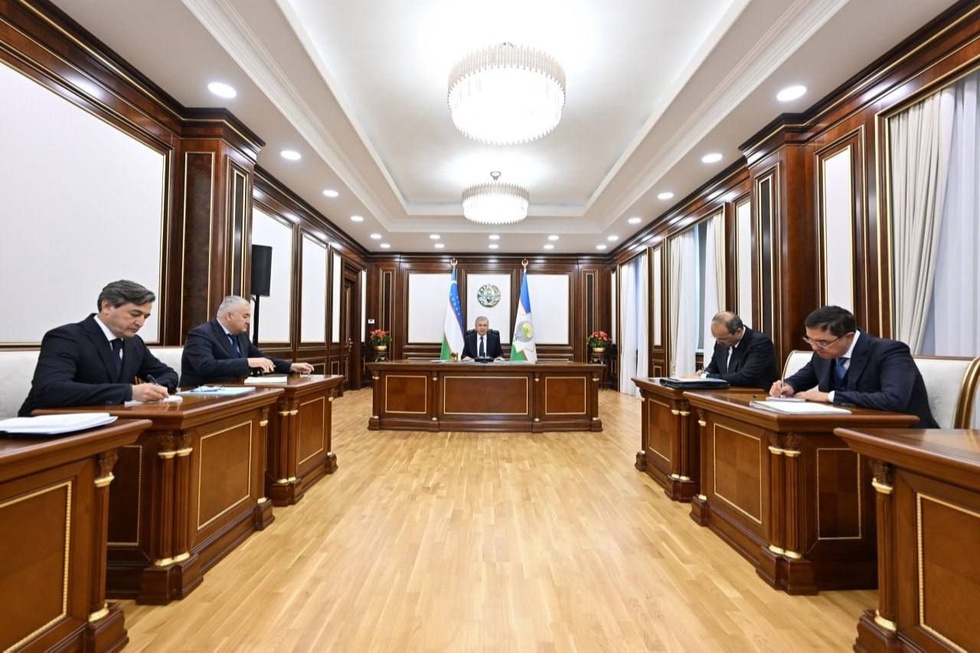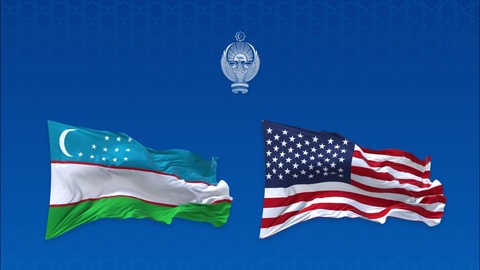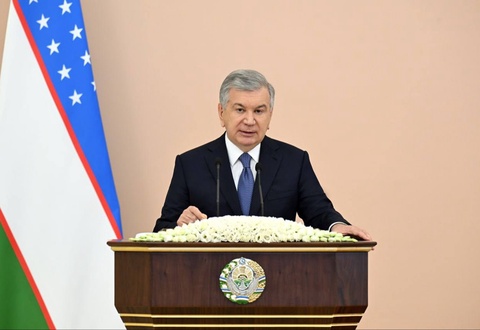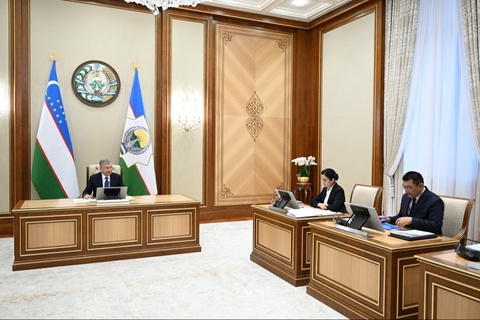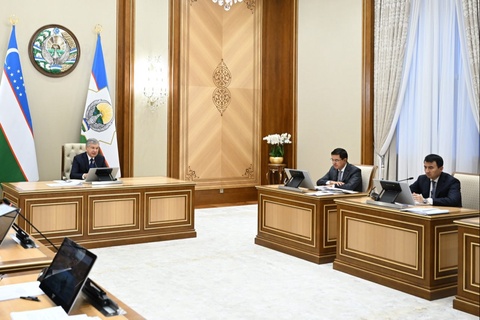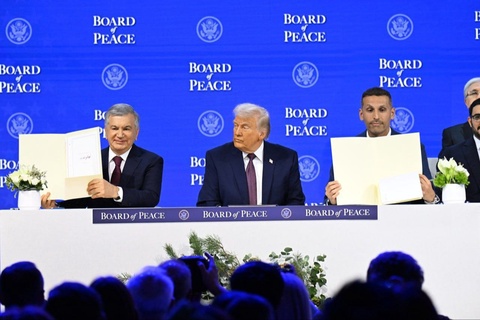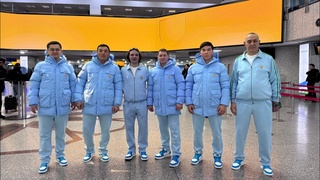Over the past five years, Uzbekistan has successfully implemented several large-scale energy projects, resulting in a 30% increase in electricity generation, which now stands at 81.5 billion kilowatt-hours. To meet the growing demand, renewable energy sources are also actively being developed. Their share in total energy generation has now reached 16%, with an additional 3.2 gigawatts of capacity introduced last year.
Strategic planning and preparation for future challenges have received particular attention. According to forecasts, electricity consumption in Uzbekistan is expected to reach 121 billion kilowatt-hours by 2035. In this context, measures are being taken to develop energy production across all sectors.
Specifically, by 2030, Uzbekistan plans to increase the share of green energy in the overall energy mix to over 50 percent. Nuclear energy is considered a fundamental component of the country’s long-term energy strategy.
Currently, efforts are underway to develop a small modular reactors (SMRs) project. Working group meetings have been held to discuss implementation possibilities and to prepare a roadmap.
A Joint Action Plan for 2025-2027 has been developed in collaboration with the International Atomic Energy Agency (IAEA). Each stage of the future construction – from initial design through to completion – will be strictly supervised by the IAEA, adhering to the highest international safety standards and best practices.
At the meeting, responsible officials provided updates on the project’s implementation progress, ongoing negotiations with partners, permitting processes, and financing sources. Additionally, technical and economic aspects concerning the placement and construction plans of a large-scale nuclear power plant were discussed.


